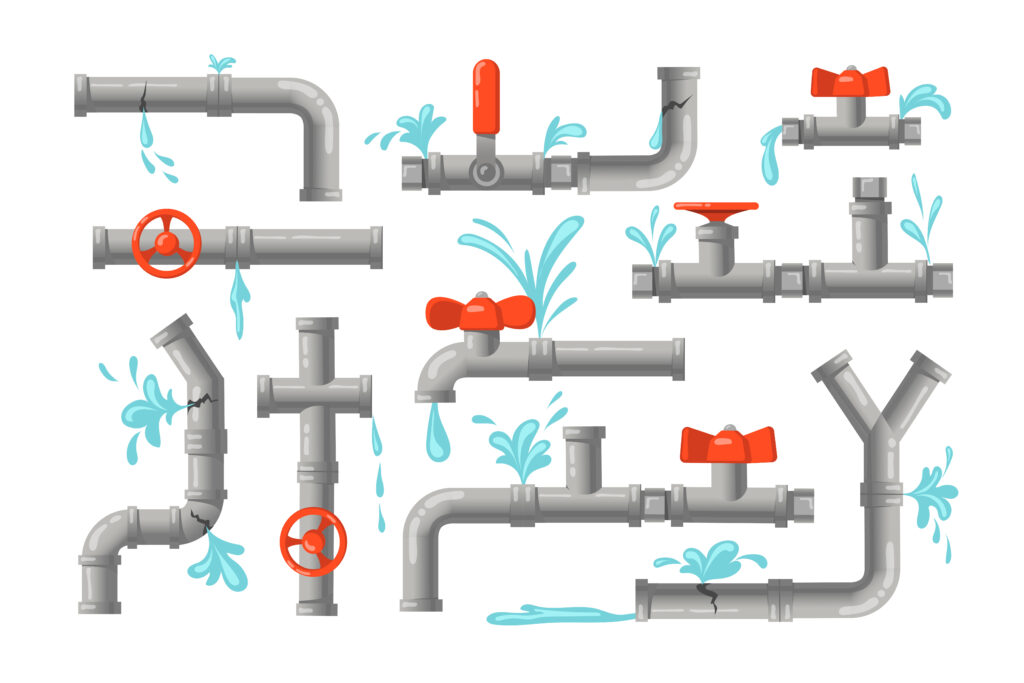The Value of Quantifying Waste

The city I live in has a big problem with its water pipes. The region’s water provider, Wellington Water, estimates 45% of the drinking water it supplies is lost through damaged pipes. The loss is from over 3,000 leaks in the water mains, not dripping taps on private property. Historic underinvestment, messy governance and an earthquake a few years ago have all contributed to the problem.
For over a year there have been leaks from the water main that runs up my street. A steady stream of water flows down to a drain in the gutter outside my house. I and others have reported these leaks many times but they are yet to be fixed. About a week ago I decided to measure the waste and report it again. I hoped that quantifying the waste would prompt a fix.
Quantifying the Waste
I went out to the street with a bucket, lifted the grate on the drain, set the stopwatch on my phone and put the bucket under the stream of water. In 15 seconds, I collected 8 litres (L) of water. That amounts to 32L per minute, 1,920L per hour and 46,080L per day. Over a year it is 16,819,200L of treated drinking water lost. This equates to 16,819 cubic metres (1,000L) and the Council charges commercial water users about NZ$2.88 per cubic metre. In total, that is NZ$48,438 of water lost.
We can quantify that wastage in other ways. The Council is subsidising 200L water tanks to collect rainwater from roofs. The leak in our street would fill 230 of those tanks every day. The UN states that the minimum water usage per person per day is 50L. In New Zealand, we typically use 277L per person per day. The daily waste would supply 166 typical Kiwis or provide minimum water needs to 921 people per day. There is value in quantifying waste. It helps us see a problem, makes it real and prompts action.
Identifying and Eliminating Waste
For many years I and the team at Hague Consulting have used tools like data analysis, process mapping, value stream mapping, cycle time analysis, benchmarking and others to identify waste in organisations. These techniques differ from a plastic bucket in a drain but the principles are the same. Waste can occur on a daily basis and be very costly to the environment, to value creation and to profits if we don’t recognise it, measure it and take action. Systematic analysis, evidence-based advice and action can put things right. Please contact us for a chat about what we do. Reducing or eliminating waste means creating more value for customers, shareholders, or funders and donors for government and not-for-profits. Value for money matters.
P.S. Quantifying the water waste got a prompt response. The repairs start this week.
Phil Guerin, Consultant/Director, Hague Consulting Ltd. © Hague Consulting Ltd 2024.
Share this on social media
